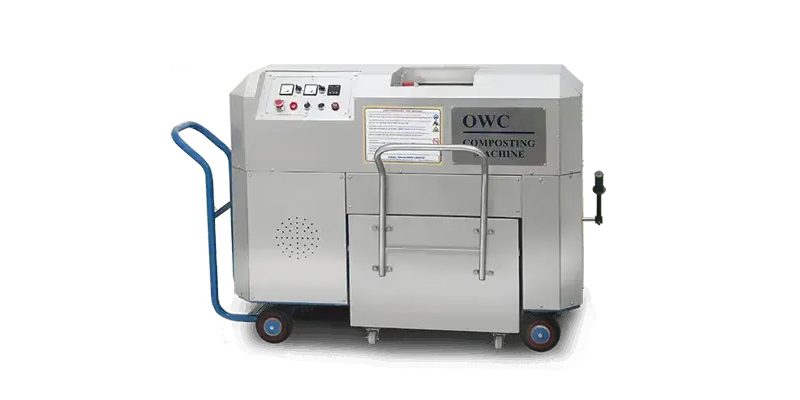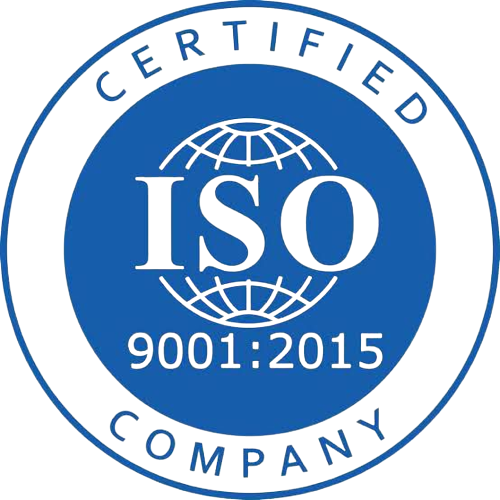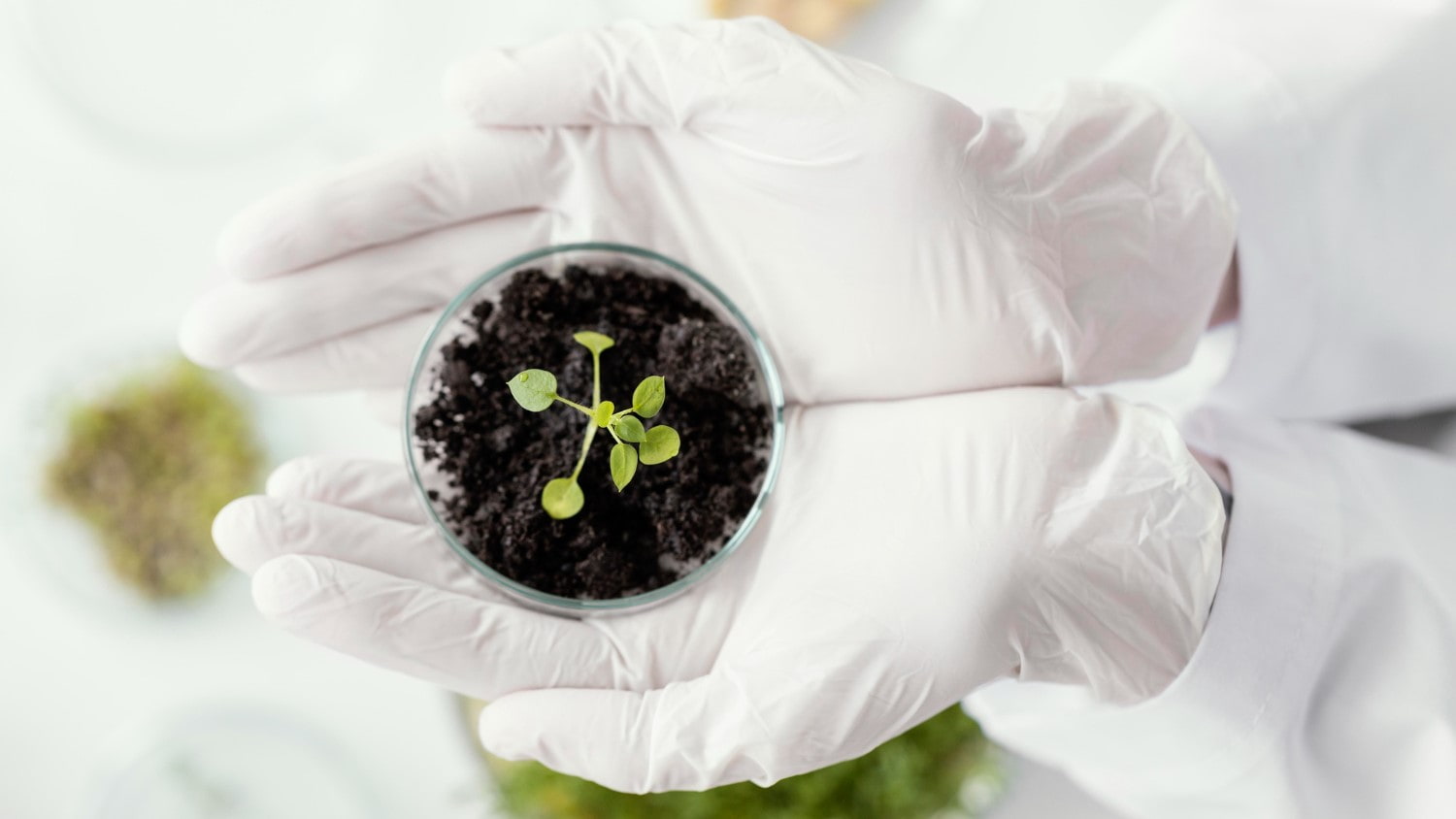In recent years, the issue of waste management has come into sharp focus, especially given the staggering volumes of waste generated daily. According to the Environmental Protection Agency’s 2018 report, 292.4 million tons of Municipal Solid Waste (MSW) were collected, averaging about 4.9 pounds per person every day.
With these concerning statistics in mind, it’s clear that innovative solutions are needed for effective waste management. Composting presents a viable and environmentally-friendly option for mitigating this challenge, as outlined in these six interesting facts about composting.
When it comes to composting, most of us understand the basics: throw in some biodegradable waste, wait a while, and eventually, you have a pile of compost ready for your garden. However, what really goes on during this process? The unsung heroes behind this biological marvel are, in fact, microbes. But what is the role of microbes in compost production?
The Basics: Organic Matter and Organic Materials
Composting is essentially a process that transforms organic matter into a nutrient-rich soil conditioner. It relies heavily on organic materials such as leaves, kitchen scraps, and garden waste. While these materials play an important role, the actual transformation is carried out by the microbes.
The organic materials serve as the ‘food’ source for the microbial population. These materials are often a mix of ‘greens’, which are high in nitrogen (like food scraps and fresh yard waste), and ‘browns’, which are high in carbon (like dried leaves and twigs). The balance between these types of organic matter plays an important role in providing an optimal environment for microbial activity. Too much nitrogen, and you may end up with a smelly, anaerobic pile; too much carbon, and the composting process will take much longer than necessary.
What is the Role of Microbes in Compost Production?
Microbes in compost production are responsible for breaking down organic matter into simpler substances. This is accomplished through various stages involving both aerobic and anaerobic bacteria.
Aerobic bacteria are especially vital in the initial phases. These bacteria require oxygen and flourish in well-aerated compost piles. They are responsible for breaking down the organic materials into simpler forms, a process which also produces carbon dioxide and heat. This rise in temperature helps to kill off pathogens and weed seeds, making the compost more beneficial for plant growth.
As the compost pile matures, anaerobic bacteria take over. Unlike their aerobic counterparts, these bacteria don’t require oxygen and work in compacted, less aerated sections of the pile. While less efficient, they continue the breakdown process, albeit at a slower pace.
Chemical Changes: Carbon Dioxide and Water
One of the by-products of microbial activity is the generation of carbon dioxide. This, combined with water released from the decomposing organic materials, helps in further breaking down the matter. It’s a symbiotic relationship, where microbes receive the sustenance they need to thrive, while also accelerating the decomposition process.
Other Players: Fungi and Invertebrates
While bacteria are the primary decomposers, other organisms such as fungi and invertebrates also contribute. Fungi are particularly effective at breaking down complex organic materials like lignin in woody matter. Invertebrates like earthworms assist by physically breaking down materials and also by dispersing microbes throughout the compost pile.
Importance of Monitoring and Maintenance
To maximise the effectiveness of microbes in compost production, certain conditions must be met. These include maintaining optimal moisture and temperature, ensuring good aeration, and regularly turning the compost pile. These steps help in sustaining an environment conducive for microbial activity, thereby producing high-quality compost.
In conclusion, the role of microbes in compost production is indispensable. They transform complex organic matter into simpler substances that are beneficial for plant growth. By understanding these biological processes, you can manage your compost pile more effectively, ensuring a rich, nutritious end product for your garden.
So, the next time you look at your compost pile, you’ll have a newfound appreciation for the microscopic life forms that make it all possible. They are indeed the driving force behind turning waste into wonder.
The Role of OWC in Microbial Compost Production
As we’ve explored the significance of microbes in compost production, it’s worth mentioning the advanced composting solutions that leverage these biological processes for efficient waste management. One such technology is the Organic Waste Converter (OWC) by Excel Industries.
The Excel OWC is designed to handle daily waste treatment capacities ranging from 100 kg to 3000 kg. But what is the role of microbes in compost production within these OWC machines?
These machines essentially accelerate the natural composting process by creating an environment where aerobic bacteria can thrive. The OWC contains an inbuilt system for aeration, ensuring a continuous supply of oxygen, which is vital for aerobic bacteria to effectively break down organic matter like food scraps, garden waste, and other biodegradable waste.



